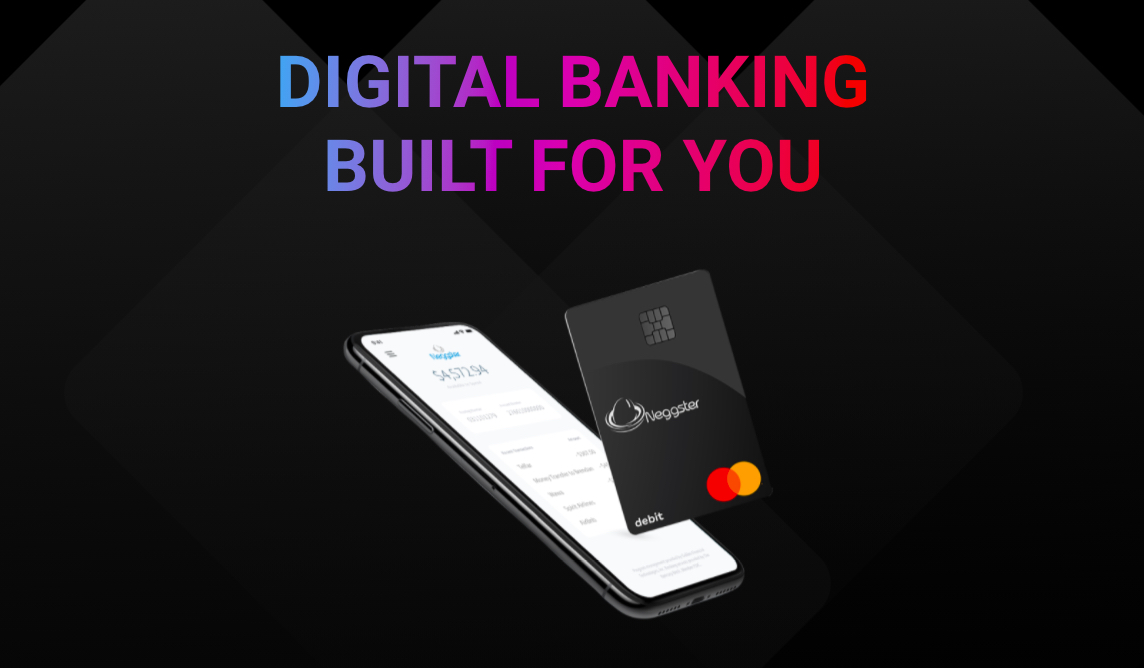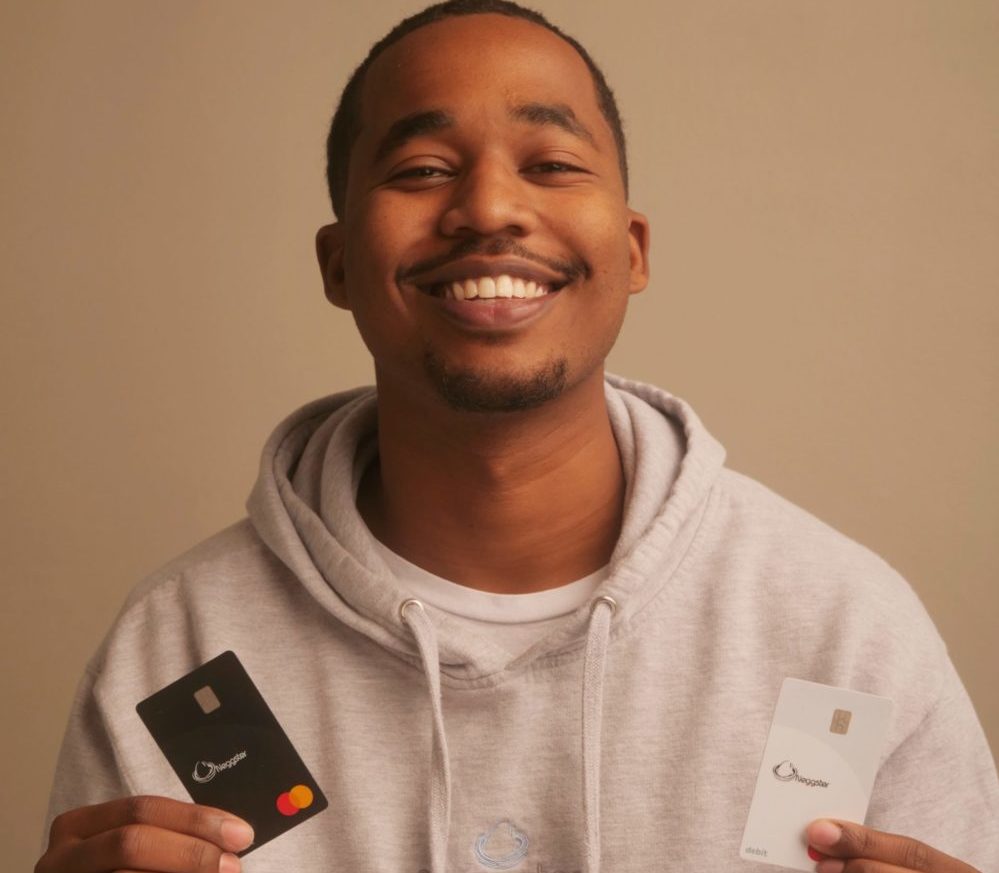Back in February 2020, Technical.ly profiled Kasai Guthrie, a then-22-year-old entrepreneur about to launch his fintech startup, Neggster. He had big plans for the youth-focused platform that aimed to help the “unbanked” in under-resourced communities.
The plan was to have it launched in June 2020. It wasn’t.
Investors who had been on board — with the exception of his mother, WIN Factory cofounder Tamara Varella — shifted to “wait-and-see.”
By the fall of 2020, Guthrie had decided to move forward without them — and made a big move himself, from Delaware to the western African island country of Cape Verde.
“I decided to move here just because I was having anxiety living in America,” he said. “My family emigrated from here four generations ago, so I’m the first generation to immigrate back.”
The location — just three hours ahead of the East Coast — also became part of Neggster’s evolved business model, as Guthrie has formed partnerships with developers, designers and a CTO in Africa, with plans to launch an African version of the app in addition to a U.S. version.
“I had to figure out how to bootstrap,” he said. “I found a banking partner, which is Bancorp Bank, and then we went with Galileo Financial Technologies for our processor. We have a digital account product we quietly rolled out in October.”
Getting the approval from Bancorp to release the app publicly took longer than expected, by months. It wasn’t until the end of March that Neggster was able to begin its U.S.-only early access phase. Early adopters will find an easy-to-use digital banking platform designed for young and first-time bank account holders that doesn’t yet offer all of the bells and whistles planned.
“While we’re rolling out this beta, we’re going to be building up the full Neggster experience,” Guthrie said. “I want to put this product out because there are still a lot of people banking with predatory bankers that have minimum balances and overdraft fees. In the climate we’re in today with the pandemic and recession, I think a free banking product is definitely needed, and we can start growing that core youth group while building the full experience.”

This “fresh start,” as Guthrie calls it, is going to market with no VC help.
“I’m learning as my day goes,” he said. “A lot of people don’t know this, but Africa is actually 15 to 20 years ahead in the fintech sector compared America. One of the top fintech companies, Paystack, which was acquired by Stripe, is from Nigeria. Fintech is gaining a lot of traction in Africa, especially in the underbanked sector.”
All of that has changed the focus somewhat.
“I was [originally] focused on America and Gen Z, [the app] was a little more educational,” he said “As I learned more about the product, my network changed. Now I’m looking to hire Cape Verdean citizens. The market is so open here.”
Hiring, in fact, is one of the features Guthrie plans for Neggster. The app will eventually be able to connect merchants with consumers who are looking for jobs — so everyday things like shopping are integrated with employer-employee matching. Employees will be able to get direct deposits like with any digital banking app, but eventually paycheck deposits will have an accounting feature that does your taxes for you.
Also planned is the point-of-purchase technology that allows users to search and save goals, whether its a new device, a trip or a wedding. It will track how much you’re saving and how much you’ll have if you keep on the same track for a specified amount of months. When you’ve met the saving goal, you can purchase directly through the app.
“It’s going to be seamless,” Guthrie said.
With other fintech apps on the market that do a similar job as the current beta version of Neggster, Guthrie stresses that the app is different not just because of what his team has planned, but because of the difference of perspective he brings as a young Black founder: “Some competitors are focusing on lending, putting people into more debt instead of making it easier for them to earn.”
You can try Neggster out by signing up for early access. If you’re outside of the U.S., there is a waiting list option.







